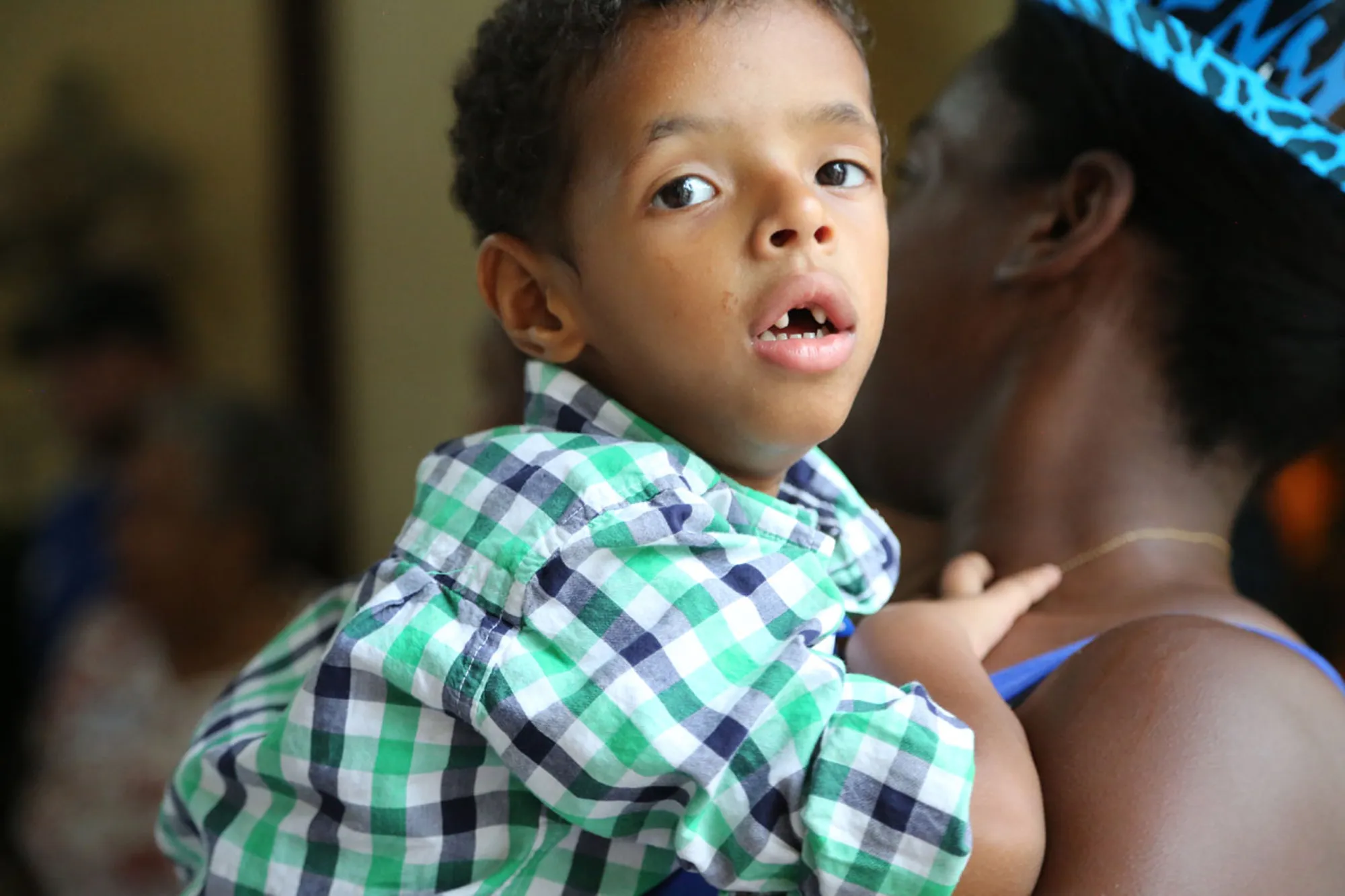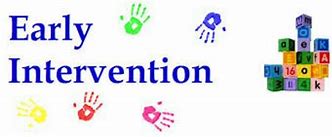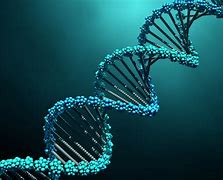Management and Treatment Options


As we discuss the management and treatment options for individuals with Coffin-Lowry Syndrome (CLS), it’s essential to recognize the multifaceted nature of this condition. While there is no cure for CLS, a comprehensive approach can significantly improve the quality of life for affected individuals. Here, we explore various strategies, therapies, and interventions tailored to address specific aspects of the syndrome provided by patient experiences. Please consult your medical professionals for tailored plans that best suit your family.
Behavioral and Educational Interventions

Early intervention is crucial. Children diagnosed with CLS benefit from specialized educational programs that focus on their unique learning needs. Individualized Education Plans (IEPs) should be developed to accommodate cognitive delays and promote skill acquisition.
Behavioral therapies, such as Applied Behavior Analysis (ABA), can help manage challenging behaviors associated with CLS. ABA techniques emphasize positive reinforcement and teach adaptive skills. [1]

Medical Management

Speech and language therapy is essential for improving communication. Augmentative and Alternative Communication (AAC) devices may be recommended for non-verbal individuals.
– Regular medical follow-ups are necessary to monitor overall health and address any associated medical conditions. These may include cardiac abnormalities, respiratory issues, neurological and gastrointestinal problems.
Seizure management: CLS individuals are prone to seizures and or Drop Attacks/SIDEs Stimulus-Induced Drop Episodes (SIDEs). Antiepileptic medications are commonly prescribed to control activity.
Pain management: Skeletal abnormalities (such as scoliosis and spinal stenosis) can cause fair to significant discomfort. Orthopedic consultations and pain management strategies are essential.

– Routine vaccinations and preventive care are also important to prevent infections and maintain overall well-being. Nutrition is extremely important to maintain good health. [1]
Genetic Counseling and Family Support

Genetic counseling plays a pivotal role in CLS management. Families need accurate information about the genetic basis of the syndrome, recurrence risks, and family planning options.
Support groups and online communities provide emotional support, share experiences, and offer practical advice. Connecting with other families facing similar challenges can alleviate feelings of isolation. [1]
Pharmacological Therapies
While there is no specific drug to treat CLS itself, medications can address associated symptoms.
– Stimulants (e.g., methylphenidate) may improve attention and focus.
– Antipsychotic medications (e.g., risperidone) can manage behavioral issues.
– Antiseizure medications can help to address seizure activity and/or Stimulus Induced Drop Attacks (SIDAs)
– Sleep disturbances may require melatonin supplementation or prescription sleep aids
– Gastroesophageal reflux disease (GERD) symptoms can be alleviated with proton pump inhibitors (PPIs). [1]

Adaptive Devices and Assistive Technology

Orthopedic braces, wheelchairs, and other assistive devices enhance mobility and independence.
Communication aids (e.g., speech-generating devices, hearing aids, cochlear implants, etc.) facilitate interaction and self-expression.
Research and Clinical Trials
Investigational therapies and clinical trials explore potential treatments. Families should stay informed about ongoing research and consider participating in relevant studies.
Gene therapy and targeted interventions hold promise for the future treatments. Collaborations between researchers, clinicians, and affected families are essential to advance knowledge and treatment options.
All CLS families are asked to complete a health registry with Sanford Research to support Research and Clinical Trials for potential future treatments. Families can use this link to register CoRDS Patient Enrollment System – Login.

Medical Specialists

People with CLS may need regular visits with a variety of medical specialists. Based on parents perspectives specialists utilized include:
- Geneticists (diagnosis)
- Audiologists (hearing)
- Cardiologists (heart)
- Neurologists (nervous system, behavior management, seizure management)
- Ophthalmologists (vision)
- Orthopedists (joints, bones and spine)
- Dental specialists
- Occupational therapists to help improve performance with daily activities, such as eating and writing.
- Physical therapists to improve strength and movement
- Speech therapists for communication delays
- Sleep Apnea monitoring
- General Practitioner for continuing health management
For drop attacks, a healthcare provider may prescribe anticonvulsant medications, normally used to control seizures, or anti-anxiety medications.
Skeletal anomalies may require surgery to address Scoliosis or Kyphosis.
Once receiving your diagnosis, genetic counseling is advised for further genetic testing of female family members. This should be discussed with your genetic counselor.
In summary, managing CLS involves a holistic approach that combines medical care, education, behavioral support, and family involvement. By tailoring interventions to individual needs, we can empower those with CLS to thrive and lead fulfilling lives despite the challenges posed by this rare genetic disorder.
References
[1] RPS6KA3-Related Intellectual Disability – PubMed (nih.gov) Rogers RC, Abidi FE, 2002 Jul 16. Updated Mar 2023



